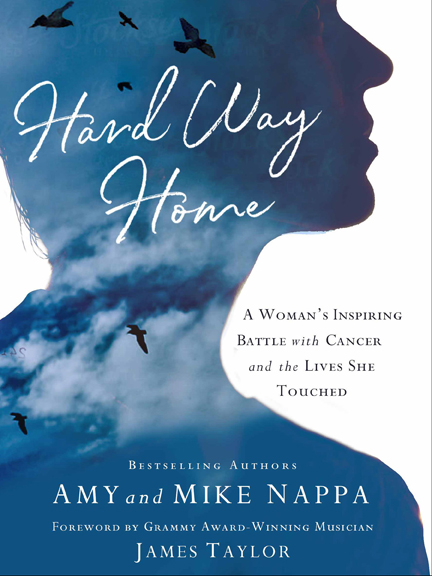An Editorial Team reason for rejection
As I write this book, Stephanie Meyer’s Twilight series dominates pop culture, with books and movies and even vampire make-up styles raking in lots of money.
As such, Twilight has created a “brandwagon” of sorts that many people are trying to use to cash in a little bit (for more on “brandwagons, see Reason #55 later in this book). Now, I have no qualms about profiting from a popular trend—in fact I often recommend it. But today I’m looking at a proposal I got recently from a pastor/author:
“It’s Twilight for Christian teens!” he is telling me proudly. Apparently he thinks I’ll be impressed by his ability to be unoriginal and copycat another author’s idea.
I’m not.
In fact, I’m bored by it. You see, his pitch sounds like everybody else who wants to write teen fiction right now, and enough of those unoriginal manuscripts have come across my desk to make me tired of the whole idea.
Do you know why Twilight was published, and why it was successful?
It was original. The author took elements of several genres—romance, horror, mythology—and combined them into something unique and compelling. That was hard for a publisher to resist, even when Stephanie Meyer was just another unknown writer with dreams of publishing a book or two.
You must remember, when you’re pitching new books to me and my colleagues, we see hundreds (sometimes thousands) of book proposals every year. When you sift through that many manuscripts, you quickly realize there aren’t many new ideas out there. The ones that stand out aren’t books that copycat others in style or content. What gets my attention are books that deliver something original to an established audience.
Hey, Stephanie Meyer already wrote Twilight. There’s no need for you to try to do that job again, regardless of your particular slant on the topic. And if all you really have to offer me is just another unoriginal idea, then don’t expect me to give you the novelty of accepting your book.
What You Can Do About It
1. Go with the fourth idea.
Early in my publishing career I took a low-level editorial job at a mid-sized publishing house. My boss there, Steve Parolini, was one of those rare guys who both challenged and encouraged you toward excellence. He had a profound impact on my career as a whole, and on my ability to be successful in publishing.
Part of my editorial responsibilities included writing manuscripts from time to time. I remember once he sent a manuscript back to me. Somehow, even though he expected me to do a complete rewrite, he was so tactful and helpful that I actually thanked him for tearing my writing to shreds. The one thing I remember from that session, though, was this advice he gave me:
“Take time to brainstorm your three absolute best ideas. Then go with your fourth idea.”
What he was telling me was that I should never settle for the obvious; I should always stretch myself to create something original and new in my writing.
So now I share that same advice with you: Avoid the easily-rejected curse of being unoriginal. Come up with your three best ideas…then go with your fourth.
2. Exercise your creative muscles.
Contrary to popular opinion, creativity is as much a learned skill as it is an innate one. So make sure that your creative muscles remain active and in good health. Spend time in deliberate pursuit of creative endeavors—stretch yourself in ways that have nothing to do with writing and you’ll see that creative effort reflected in the quality of your ideas.
For instance, try driving home from work by a different route one day. Or sample an ice cream flavor you’d never heard of before. Unpack your groceries according to color. Sort your closet by what the 10-year-old version of you would’ve liked best. Draw on a napkin. Invent a bed-making device. The only limit is your imagination! And if your imagination is in good working order, then you’re well on your way to creating an original idea that somebody like me just might want to publish.
3. Ask yourself: “What would make [Insert Author Name] want to copycat me?
The most flattering thing one author can say about another’s work is, “I wish I’d written that.” So pick your favorite author and imagine what you can create that might make that person jealous enough to say to friends, “I wish I’d written that guy’s book.”
One of my authors, Sharon Carter Rogers, always imagines that Stephen King is going to read her novels. Because of that, she has a “King Rule” in her writing. If she thinks Stephen King won’t be impressed, she doesn’t write it. To date, Mr. King has not yet read a Sharon Carter Rogers book—but at least she’s ready, just in case!
That kind of attitude can help you overcome the blahs of being unoriginal—so keep it in mind next time you’re creating a brand new masterpiece of modern literature.
Looking for more? Check out these links:








